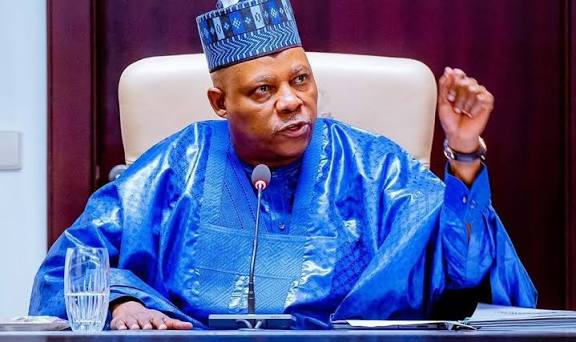Global Diplomacy Abroad, Security Emergency at Home
Vice President Kashim Shettima has departed Nigeria to represent President Bola Ahmed Tinubu at the G20 Summit, at a time when Nigeria faces intense economic pressure and a frightening surge in school abductions.
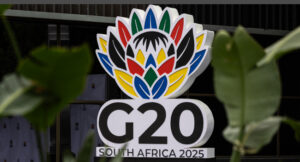
This is Shettima’s second major outing on behalf of the President after a widely praised performance at the UN General Assembly (UNGA), where he articulated Nigeria’s economic and governance priorities and engaged key partners. That experience now sets expectations: he is not travelling as a figurehead, but as the President’s full political and diplomatic proxy.
Why the G20 Matters for Nigeria
The G20 represents roughly 80% of global GDP, 75% of international trade and 60% of the world’s population. For Nigeria, the summit is a rare platform to:
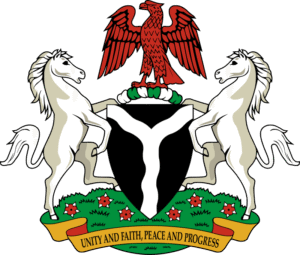
Attract investment into energy, infrastructure, agriculture and technology
Push for fairer debt treatment and access to concessional finance
Secure climate and energy transition funding
Deepen security cooperation, including intelligence, counter-terrorism and anti–kidnapping support
Country delegations that come prepared—like India, Indonesia or Saudi Arabia in recent years—have turned G20 participation into concrete projects and billions of dollars in deals. Nigeria should do the same, not just pose for photographs.
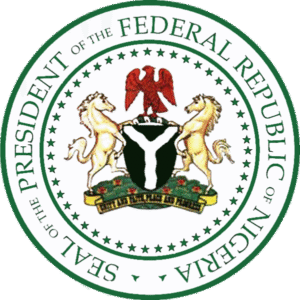
Tinubu Stays Back for a National Emergency
Shettima’s trip comes as Nigeria is rocked by another wave of school kidnappings:
Maga School, Kebbi State – girls and students abducted
St Mary’s Catholic School, Niger State – students taken
St Peter’s Secondary School, Nasarawa State – more students seized
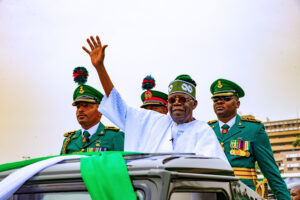
All within the last 48 hours.
The pattern is now chillingly familiar: heavily armed gangs storm schools, abduct students in large numbers, then vanish into forests, waiting for ransom or state concessions. The incidents are happening with such frequency that they risk destroying parents’ confidence in sending their children to school at all.
In this climate, President Tinubu’s decision to remain in Nigeria to personally supervise rescue operations and security responses is both politically and morally necessary. Nigerians want to see the Commander-in-Chief visibly engaged while their children are in captivity.
A Split-Screen Moment: Diplomacy and Domestic Duty

Nigeria therefore faces a split-screen moment:
At home: a test of the government’s ability to protect its most vulnerable citizens and confront banditry and terrorism with seriousness.
Abroad: a test of whether Nigeria can still show up as a credible global player, attract investment and secure support for stabilising its economy and security architecture.
Shettima’s presence at the G20 ensures that Nigeria does not vacate the global stage just when critical economic and security discussions are being held. Tinubu’s presence at home signals that the administration understands the gravity of the domestic crisis.

If properly coordinated, the two tracks can reinforce each other:
Nigeria can seek security partnerships at the G20 while demonstrating political will at home.
The Task Ahead
For this outing to matter, Nigeria must:
Present a clear economic reform story backed by data, not slogans
Push for security and intelligence cooperation tied directly to kidnapping and terrorism threats
Engage potential investors with specific, bankable projects

Use Shettima’s UNGA track record to deepen trust with key partners
This G20 summit is not routine. It coincides with a moment when Nigerians are anxious, investors are cautious, and allies are watching closely.
If Shettima delivers abroad and Tinubu delivers at home—especially on the safe rescue of abducted students—this could mark the beginning of a real turnaround.
If not, it risks becoming another missed opportunity in a season Nigeria cannot afford to waste.
The National Patriots.
Headlinenews.news Special Investigative Report.


